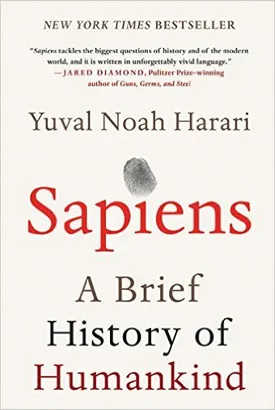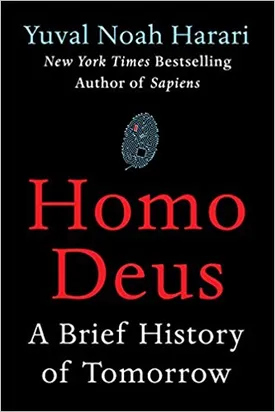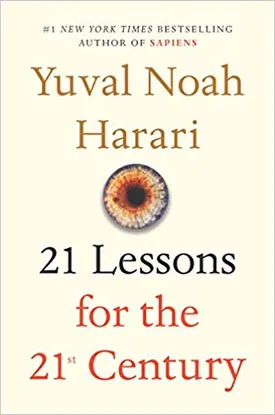Yuval Noah Harari
Yuval Noah Harari is an Israeli author and professor of history at the Hebrew University of Jerusalem. He is best known for his books "Sapiens: A Brief History of Humankind" (2011) and "Homo Deus: A Brief History of Tomorrow" (2015). His books have been translated into more than 45 languages and have sold more than 12 million copies.
Harari's work focuses on the big questions of existence and has been praised for its intellectual depth and breadth. He believes that humanity is at a crucial juncture in its evolution, and hopes to provide insights from history to help guide intelligent decision making.
Harari was born in Haifa, Israel in 1976. He studied medieval and military history at the Hebrew University of Jerusalem, before completing a Ph.D. in the same field in 2002. He then taught history at the same institution for 14 years, before publishing his first bestselling book Sapiens in 2011.
This book chronicles the history of our species, beginning with the earliest hominids that first appeared 200,000 years ago. Through Harari's narrative, we learn how Homo sapiens rode the cognitive wave of the agricultural revolution to become the dominant force on the planet. We also gain insights into their evolution and how other species, such as the Neanderthals, have been completely wiped out due to humans' success.
Harari's second book, Homo Deus, builds upon the ideas presented in the first book. It looks at how humans, with the use of technology, have been able to control their environment and impose rules that favor their species over others. The book goes on to explore the implications of these new tools, such as artificial intelligence, and the ways that humans can use them to make life better for themselves and the planet.
In addition to his books, Harari has written extensively on subjects ranging from gender equality to economic principles to the environment. He has lectured all over the world, given several Ted Talks, and has become a leading voice on the issues of the day.
Harari's writings have been met with both praise and criticism. While some laud his insights and perspective, others have criticized him for his lack of scientific evidence and his views on religion, technology, and other controversial topics.
No matter where one stands on the issues of Harari's work, it is clear that he has become a major figure in the world of thought. He has certainly made a splash with his books and is likely to continue to do so for some time. His work has the ability to both shock and educate and should be read by anyone interested in learning about the past and pondering the future.



